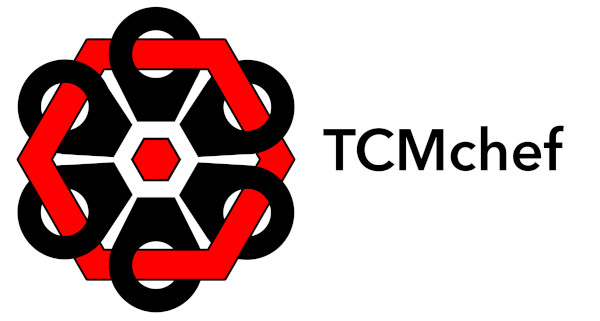FIRE – HEART menus – CIRCULATORY
SMALL INTESTINE – SUMMER
Our heart is truly a marvel of biological engineering, tirelessly pumping approximately 5 liters (5.25 quarts) of blood per minute throughout the body. If you’re an athlete it can be as much as 25 liters (26 quarts) per minute! This vital organ not only excels in its mechanical function but is also uniquely sensitive to psychological and sensory influences. The heart’s connection to the pericardium reveals how our emotional state, as well as the stimuli we absorb through our senses—especially sound—profoundly affect our cardiovascular health.
Maintaining heart health transcends dietary choices alone. Factors such as meal companions, the pace of eating, and the type of stimulants we consume all have significant impacts on our heart, complexion, digestive system, and cognitive function. Heart menus alone will not help much. This organ needs the overall approach to curb a dilemma!
In TCM, specific foods influence the body’s energy (Qi) and blood dynamics. Red foods like beets and tomatoes are believed to nourish and invigorate the blood. Just as aspirin acts to thin the blood, and cinnamon to thicken it, certain heart menus can cool or heat the blood, requiring thoughtful selection in our diet.
Energy is the driving force behind all human activities. When this flow is disrupted, it leads to disharmony among organs. Despite this understanding, it’s astonishing how often we overlook the energetic aspects of our nutrient intake.
A deficiency in heart energy, or YIN, manifests as symptoms like pale skin, shortness of breath, excessive sweating, weak pulse, and colorless lips or tongue. Such a deficiency can culminate in digestive inefficiencies, resulting in conditions like neurosis and anemia. In contrast, sufficient or healthy blood can prevent symptoms like low-grade fever, night sweats, dry skin, red cheeks, and a red tongue.
Heart menus and therapies aimed at replenishing energy seek to bolster these deficiencies. On the flip side, an excess of energy may cause sluggishness and stagnation, potentially deriving from external factors like emotional stress or injury, as well as erratic eating habits. This stagnation can disrupt the stomach and hinder the small & large intestine’s ability to absorb nutrients effectively.
Promoting a seamless flow of energy supports not only digestive health but can reduce physical symptoms like breast and abdominal swelling, ultimately enhancing skin health. Proper food choices can thus aid in maintaining efficient blood circulation.
The interrelation between the heart, spleen, and kidneys is crucial—they work in concert to transport fluids, filter unnecessary pathogens, and distribute essential elements throughout the body. The depth and complexity of energy dynamics and their influence on bodily functions offer a captivating exploration of the color red’s significance in TCM, encompassing blood disorders and psychological conditions.
Remember that red heart menus can play a critical role in supporting your blood and small intestine, potentially alleviating a cascade of skin issues. By prioritizing these dietary elements, you take a step towards holistic well-being and harmony within your body’s intricate energy systems.
Embrace heart menus that include goji berries, strawberries, cherries, dragon fruit, beets, red rice, red cabbage, carrots (liver), apples, hawthorn and pomegranate as healthy heart-menus nourishing choices.
Reach out if you need personalized diet guidance,
Downloadable Menus
